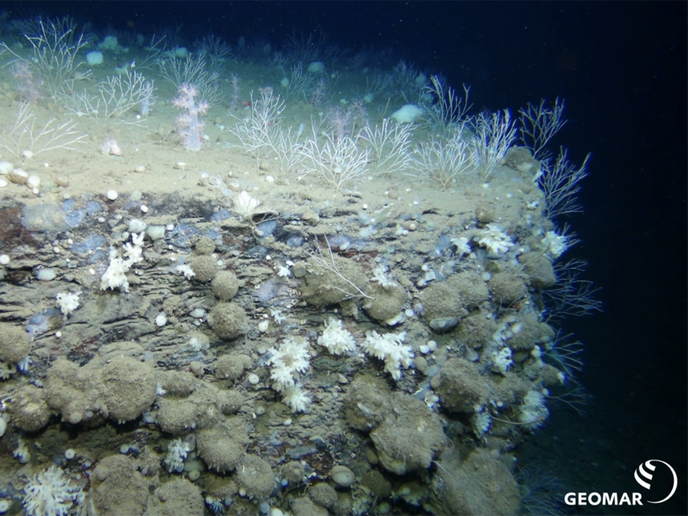Designing, harmonising and implementing energy strategies at the local level
The EU has set ambitious climate and energy targets, for which cities and municipalities have to play their role and develop, finance and implement plans for climate and energy. However, they often lack harmonised, interdepartmental cooperation and long-term structures, which stands in the way of successfully implementing their plans and ultimately reaching their goals. This is where the EU-funded IMPLEMENT project stepped in. “IMPLEMENT’s objective was to set up the necessary structures for a long-term roll-out of the quality management and certification programme European Energy Award (eea) in the partner countries, Belgium, Greece, Croatia and Poland,” explains project coordinator Koen Reynaerts. During the project, the aim was for 30 pilot municipalities to further develop and implement their climate and energy strategies by using the eea-standardised catalogue of measures.
Promoting climate protection at the local level
The eea supports local authorities in implementing multidisciplinary design approaches and effective energy and climate policy measures. It provides tested and proven energy and climate protection measures that municipalities can implement. “In IMPLEMENT, the eea process has proved its added value to improve local energy and climate policies as well as for local authorities to orient their work target and become impact-driven while increasing their efficiency and effectiveness,” says Reynaerts. In addition to setting up interdepartmental teams within the municipality’s administrations and the development of energy and climate plans that focus on actions where local administrations have maximum impact, eea provided great added value in the qualitative implementation of the action plans.
The roll-out of the eea
“The pilot municipalities have experienced within the eea process the importance of the quantification of actions and identification of indicators with concrete targets and reduction paths, and setting up monitoring and data sets for this,” highlights Reynaerts. This approach enables local governments to maximise the potential of their action plans and significantly increase the quality of implementation. The award provides the necessary framework to structurally embed working methodology that includes quantified targets and reduction paths based on indicators in the internal functioning of cities and towns. Discussing key results, Reynaerts confirms the work of the project has led to 30 ratified municipal climate action plans and 15 eea certifications as well as 14 national (lower) eea certifications. Regarding the later, these are certifications eea secretariats, at the national level, can agree on an awarding at a level below the international eea threshold. “This is to acknowledge above average efforts of municipalities and encourage reaching the international awarding level,” explains Reynaerts. In 2021, the energy savings triggered by the project within its duration were 624 GWh/year. Renewable energy production triggered by IMPLEMENT was 359 GWh/year, and CO2 reduction reached 502.711 tCO2eq/year.
Building municipalities’ capacity for a long-term impact
“In terms of multiplier effect and long-term impact, the project has set up the required structures (regional/national eea offices) and trained staff (eea advisors, eea auditors, municipal staff), which will continue to function and contribute to the long-term impact of the project beyond the project’s duration,” notes Reynaerts. Specifically, it has established five regional/national eea offices, which have been trained in their role and have gained experience in managing national eea programmes. What’s more, five national steering committees have been set up with in total more than 50 members consisting of representatives from relevant, competent authorities and stakeholders. “Also, 234 energy-team members in participating municipalities have been active and supported by eea advisors and made acquainted with the eea process, principles and philosophy, resulting in increased municipality’s capacity,” concludes Reynaerts.
Keywords
IMPLEMENT, eea, municipalities, climate protection, action plans, certification, European Energy Award, local energy and climate policies







